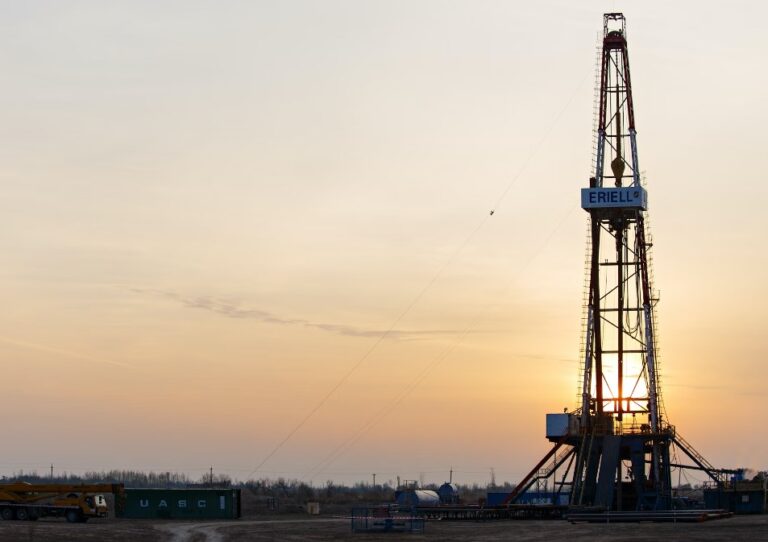Oil prices recently flew near $100 a barrel, the highest level since 2022, incorporating a number of geopolitical and supply tensions related to the rationing policy put in place by Opec Plus.
Understanding where the price of oil will go is crucial for the reflections that energy products have on inflation and, therefore, on the ECB’s monetary policy. Is a difficult winter ahead? Or will 2024 bring some good news?
Table of Contents
Opec Plus determined to maintain rationing
Opec Plus, the expanded cartel formation that also includes Russia, has put in place a supply rationing policy since late 2022, with the aim of supporting oil prices.
At the moment it appears unlikely that the expanded cartel will change its current production policy, as Saudi Arabia and Russia have confirmed that they will maintain voluntary supply cuts.
An OPEC Plus committee of ministers will meet ahead of the November summit. But no major news on supply policy is expected after Arabia confirmed the validity of a voluntary cut of 1 million barrels and Russia 300,000 barrels until the end of December.
Saudi Energy Minister Prince Abdulaziz bin Salman recently reiterated that cuts are necessary to stabilize the market and would not confirm that there is also an interrelation with price.
Analysts divided: those who expect a drop and those who see it at $150
Analysts are currently very divided on how oil will move in the coming months. Citigroup analysts, for example, see oil at $100 “for a short time,” due to production cuts and geopolitical tensions. But they are betting that prices will return to a downward trend by the end of the year.
JP Morgan analysts think differently, who expect an oil supercycle that will take the price to $150 by 2026. Catalyst factors would include a capacity shock, an energy supercycle, and, of course, decarbonization efforts. JPMorgan now sees a global supply-demand imbalance of 1.1 million barrels per day in 2025, rising to a deficit of 7.1 million barrels per day in 2030.
The effects on inflation and the ECB
What impact will oil movements have on the economy and inflation? In a generally deflationary environment. Generali Investment experts speculate that oil prices will return to moderately impact prices starting in December.
But with an economy going through a period of weakness, experts believe that cyclical pressure on prices will remain subdued. In addition, the bottlenecks in intermediate goods, which fostered the price surge during the pandemic, have worn off and the post-Covid excess demand for services has largely run its course.
Therefore,some analysts believes that the recent rise in oil prices induces only small fluctuations in inflation data. Within this framework, the easing of government measures to contain inflation will play a priority role.
But in the end, experts believe inflation will fall toward 3 percent by the end of the year, making it unnecessary to raise the ECB’s benchmark rate further.
Read also: Energy transition, why big oil companies are targeting lithium mining












